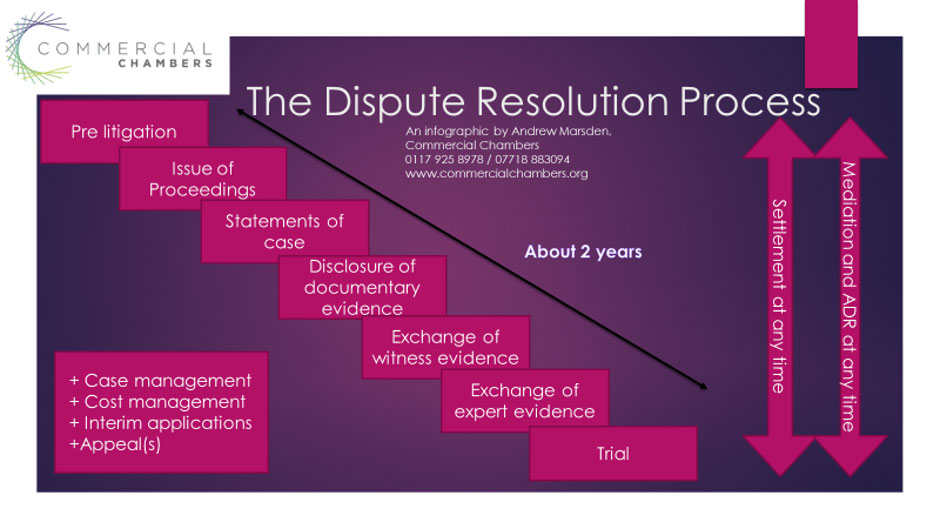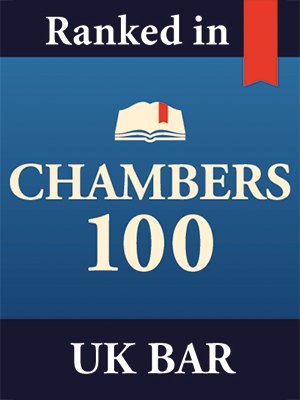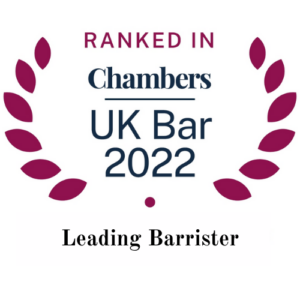Unfortunately, this is a familiar tale, and it’s often a deeply distressing and challenging time for all involved.
Inevitably it will impact upon your business and its clients and customers and can have a devastating impact on staff and their moral.
When the trust is gone, and an acrimonious atmosphere pervades, it’s hard to keep emotions contained.
Reconciliation may not be easy (you might not even consider it a possibility), but the longer disputes are left unresolved the more likely it is that your staff will notice that something’s not right. Indeed, friction might be so evident that your clients and customers soon start to notice too.
No matter the cause, disputes are never good for business and it’s important you try and resolve yours as quickly, amicably and as cost-effectively as possible.
The first thing you should consider doing, before anything else, is getting some legal advice from someone who understands the litigation and other dispute resolution processes available and can provide support and guidance on the best way to achieve resolution.
‘Commercial divorce’ can be complex, so it’s important you have someone helping you who is a specialist in the field with experience in such matters and knowledge of the different routes to resolution that are available to you. Having the right legal support in place from the start can make all the difference to the outcome you achieve.
The good news is it is now possible to engage a specialist barrister directly and without the need to have to pay for a solicitor as well. Engage an experienced and specialist barrister in this way and you may well find that the process can become surprisingly fast and cost-effective. You’ll also benefit from the continuity of having a barrister at hand to advise throughout the litigation and dispute resolution process.
Once you have engaged a barrister, they will be able to discuss your options going forward with you and check what provisions you already have in place, whether in the form of a shareholders’ agreement or articles of association. These constitutional documents should generally include dispute resolution mechanisms that can make the process much more straightforward. If you don’t already have any such provisions in place, your barrister can also help you with this.
Where reconciliation isn’t possible, and you decide to part ways, your barrister can assist in opening the lines of communication between all parties so that you can move forward towards resolution.
Will you need to go to court?
This is one of the most common questions I get asked by clients who have found themselves in the midst of a dispute.
As a specialist barrister with more than thirty years of experience dealing with shareholder and partnership disputes, my approach is always to try and achieve commercial resolution on the best possible terms, at the lowest possible cost, and, if at all possible, without having to go to court.
For the majority of cases, this means that the expense of litigation can be avoided. In fact, very often, resolution can be achieved in the early stages, sometimes through mediation, and even if the dispute is bitter and acrimonious.
If you find yourself in the midst of a shareholder or partnership dispute and would like some help and advice on the best options for moving forward to resolution, please do get in touch with me. An initial thirty-minute chat is completely free, and I’d be very happy to give you some guidance as to the next best steps to take.




